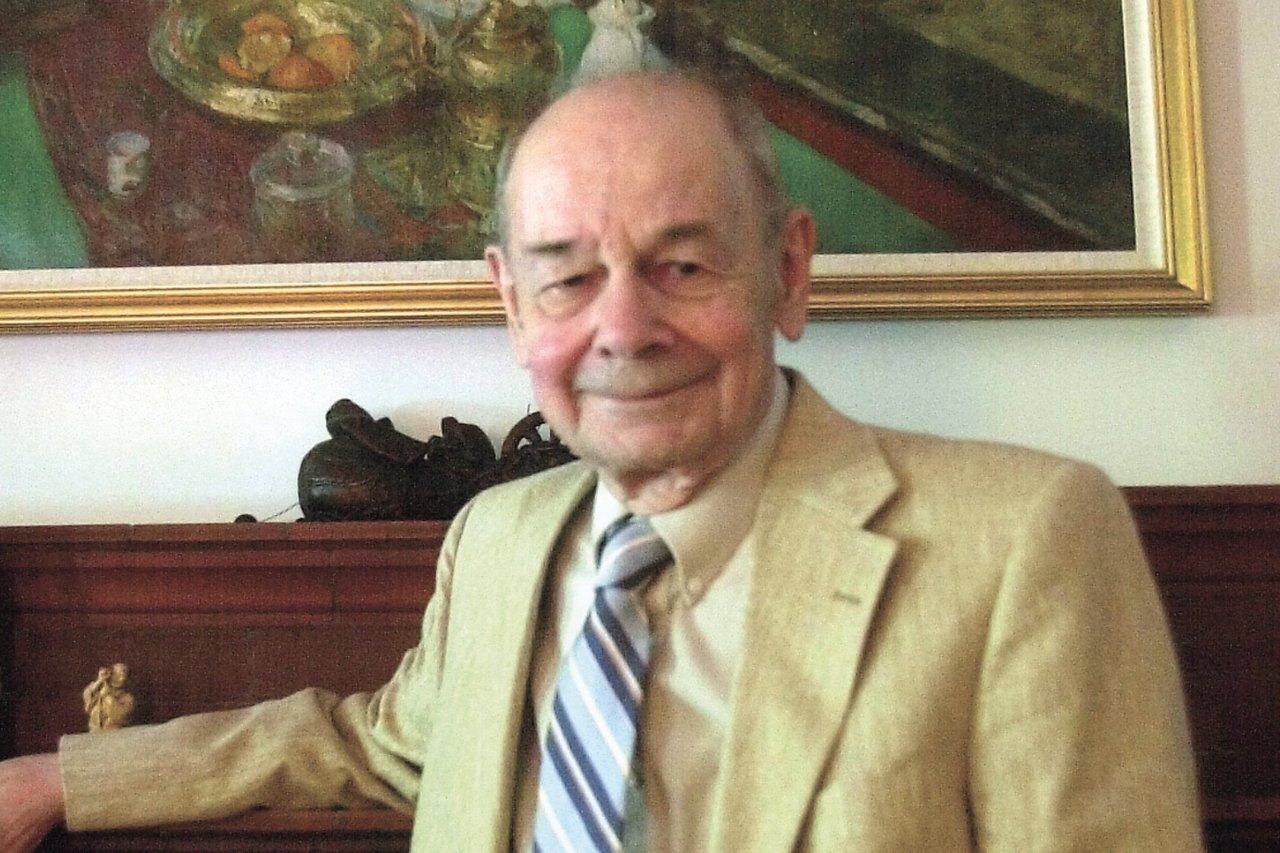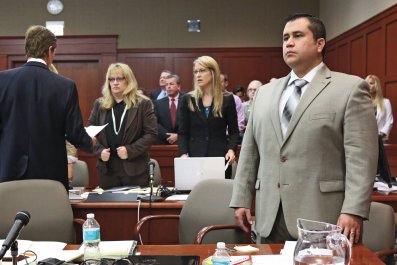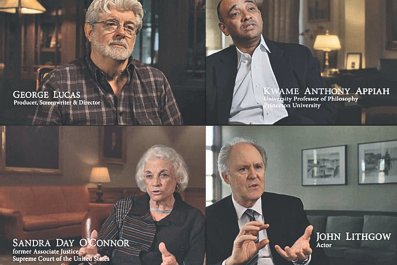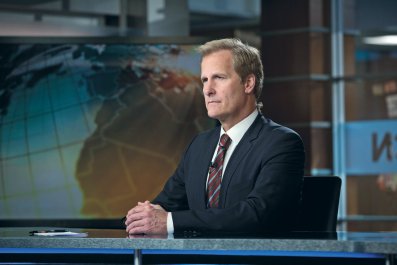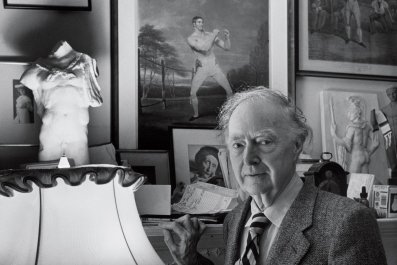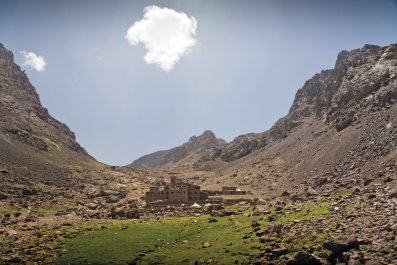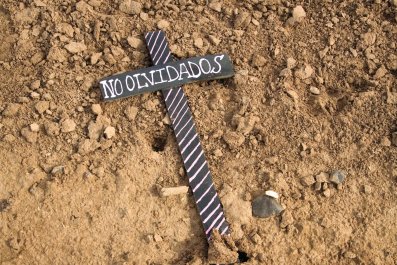EDMUND MORGAN, who died Monday, was my teacher at Yale from 1965 to 1969 and my mentor and role model in America history ever since. In our last conversation, he declared that he was ready to go, that he had outlived his beloved Benjamin Franklin and did not wish to outlive himself.
Ed was a rare breed, almost extinct these days, revered within the historical profession as the epitome of scholarly sophistication, while also the author of books that the general public found readable and seductive.
He was a small man, almost diminutive, but the famous description of James Madison also applied to Ed: "Never have I seen so much mind in so little matter." A plausible case can be made that he was the most significant and influential American historian in the last half of the 20th century.
When he agreed to be the director of my doctoral dissertation, he took me into his office to deliver a sermon that I was probably not the first or last to hear: "When you construct a building, you put up scaffolding. But when the building is finished, you take the scaffolding down. Most academic history is all scaffolding and no building. We don't do that."
He was a tough editor who believed that the cogency of your argument was inseparable from the lucidity of your prose. His most frequent marginal comment, written with a fountain pen in black ink, was "What is the story?" He thought that too many history books were bloated reports on the authors' research. In order to allow the story to drive the narrative, the most important decision was what to leave out.
The Morgan method was deceptively simple in theory but dramatically difficult in practice. You read the primary sources with your own eyes, then used your imagination to see patterns that had escaped your predecessors. There could be no Morgan school in this arrangement, since the eyes and imagination of each student determined the outcome. Ed did not want to produce disciples, only historians with their own compass.
I would like to believe that I am one of them.


